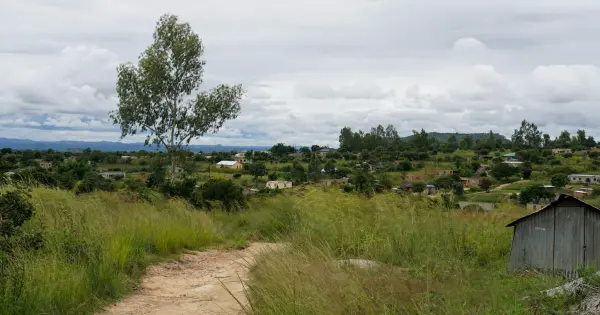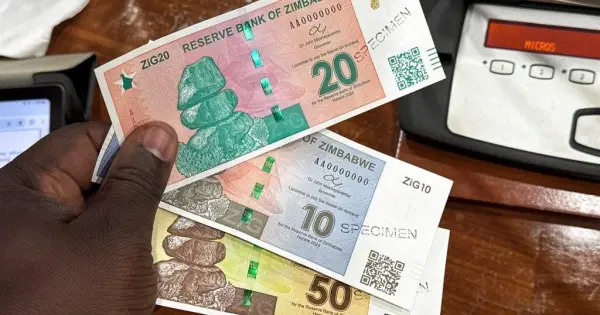Zimbabwe’s tourism industry is making a strong comeback after two years of struggle due to the Covid-19 pandemic. With the removal of global travel restrictions, the industry generated US$672.9 million in earnings in 2022, which is a 133% growth from the US$288.8 million realised in 2021. Tourist arrivals also increased by more than double, reaching 895,338 in 2022, compared to 340,000 in 2021.
To accelerate the recovery of the tourism sector, players in Zimbabwe’s hospitality industry have been investing in the refurbishment of their facilities. The Hwange Safari Lodge, for instance, is on track with its first phase of a major refurbishment programme, with 40 standard rooms already completed and in service. The refurbishment of the remaining 18 rooms, including two executive suites, will be finished by March 2023, bringing the total number of refurbished rooms to 58 by the end of the first quarter of the current year.
African Sun Limited, which operates hotels and resorts across Zimbabwe, is carrying out a refurbishment programme at a cost of at least US$4 million. The programme will involve the renovation of the 100 rooms at the Hwange Safari Lodge in two phases. The second phase will focus on renovating the restaurant, guest lounge, and bar.
Another significant investment is the multi-million-dollar refurbishment of the five-star Meikles Hotel in Harare. The renovation programme, which will take two years to complete, commenced last year. Meikles Hotel general manager, Tinashe Munjoma, said that the major redevelopment of selected key areas has been planned since the acquisition of the hotel in 2020 by ASB Hospitality. The refurbishment will take place in three phases, with the first one focusing on the construction of a suspended pool on the mezzanine floor adjacent to La Fontaine.
Investments in Zimbabwe’s hospitality industry in 2022 reached a cumulative US$300 million, with both local and foreign investors contributing. The funds were utilised for the construction and renovation of various facilities, including restaurants, hotels, lodges, safaris, and game parks.
Property owners in tourist hotspots, such as Victoria Falls, Hwange, Nyanga, and Honde Valley, can also benefit from the rebound in tourism through short-term rentals on platforms such as Airbnb. This increased demand can lead to higher rental income and an increased ability to negotiate higher sale prices.
To cash in on this opportunity, ordinary property owners need to ensure their properties are in excellent condition and offer amenities that appeal to tourists. They should also market their properties effectively, ensuring they are listed on popular online platforms such as Airbnb, Booking.com, and Expedia.
According to the Hospitality Association of Zimbabwe’s Matabeleland chapter chairman, Anald Musonza, there has been a lot of investment in the region, with new lodges and upgraded game parks being built across the country. The Zesa Pension Fund is quietly building a four-star hotel and conference centre in Victoria Falls, which will be managed by Cresta Hotels.
While the tourism industry’s contribution to Zimbabwe’s GDP has been hit hard by the pandemic, it still remains the country’s third economic mainstay, contributing approximately US$1.9 billion. To achieve the target of a US$5 billion tourism economy by 2025, stakeholders need to continue to work together to improve the industry’s contribution to the GDP.
The rebound in Zimbabwe’s tourism industry is boosting investment in the property market, with players in the hospitality industry investing in the refurbishment of their facilities. Property owners in tourist hotspots can also benefit from the increased demand for short-term.




